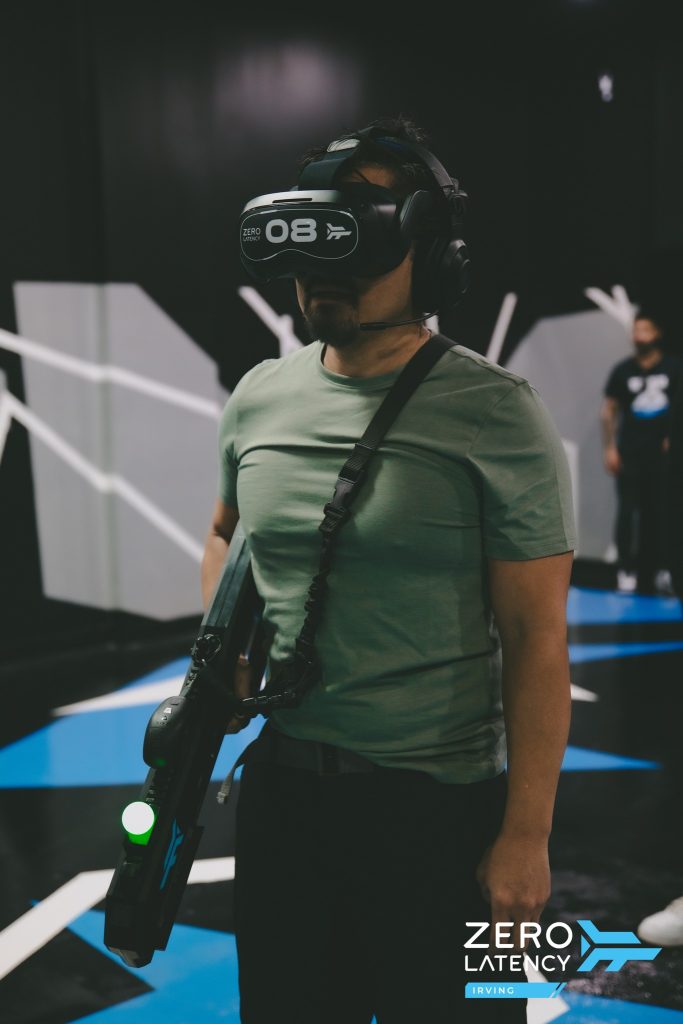Virtual Reality VR has transformed the landscape of gaming communities, creating immersive experiences that foster deeper social connections among players. As technology advances, VR is increasingly becoming a vital platform for gamers to interact, collaborate, and build lasting friendships, reshaping the way communities function in the gaming world. One of the most significant impacts of VR on gaming communities is the sense of presence it provides. Unlike traditional gaming, where players engage through screens and avatars, VR immerses players in a three-dimensional environment that feels real. This heightened sense of presence enhances social interaction, allowing players to communicate through gestures, body language, and voice in ways that mimic real-life interactions. As a result, friendships formed in VR tend to be more organic and meaningful, creating a strong sense of belonging within the gaming community.
VR gaming platforms, such as Oculus, HTC Vive, and PlayStation VR, have introduced social features that allow players to connect with others in a shared virtual space. These platforms often include virtual lounges, events, and multiplayer experiences where players can meet, chat, and collaborate. For instance, games like Rec Room and VRChat are designed specifically for social interaction, encouraging users to engage in activities like building, playing mini-games, or simply hanging out. These shared experiences often lead to the formation of virtual friendships that extend beyond the game itself, with players exchanging contact information, engaging on social media, or even meeting in real life. The inclusivity of VR also plays a crucial role in building friendships. Unlike traditional gaming, which may be limited by physical abilities or geographical location, VR can offer more accessible experiences for individuals with disabilities. This inclusivity allows for a broader range of participants, fostering diverse communities where players from different backgrounds can connect over shared interests and experiences. Such diversity enriches the gaming environment, encouraging collaboration and the exchange of ideas.
Moreover, VR gaming communities often organize events, competitions, and social gatherings, enhancing the feeling of camaraderie among players. These events not only provide opportunities for players to showcase their skills but also facilitate networking and friendship building. Players who participate in these communal activities often forge bonds over shared challenges and triumphs, further solidifying their connections. VR has significantly impacted gaming Book Online communities by enabling players to forge virtual friendships through immersive experiences and social interactions. As technology continues to evolve, the potential for building and sustaining these friendships will only grow, further transforming the gaming landscape into a vibrant, interconnected world. The future of gaming communities in VR promises to be one of collaboration, inclusivity, and meaningful relationships, setting a new standard for how players connect and engage.